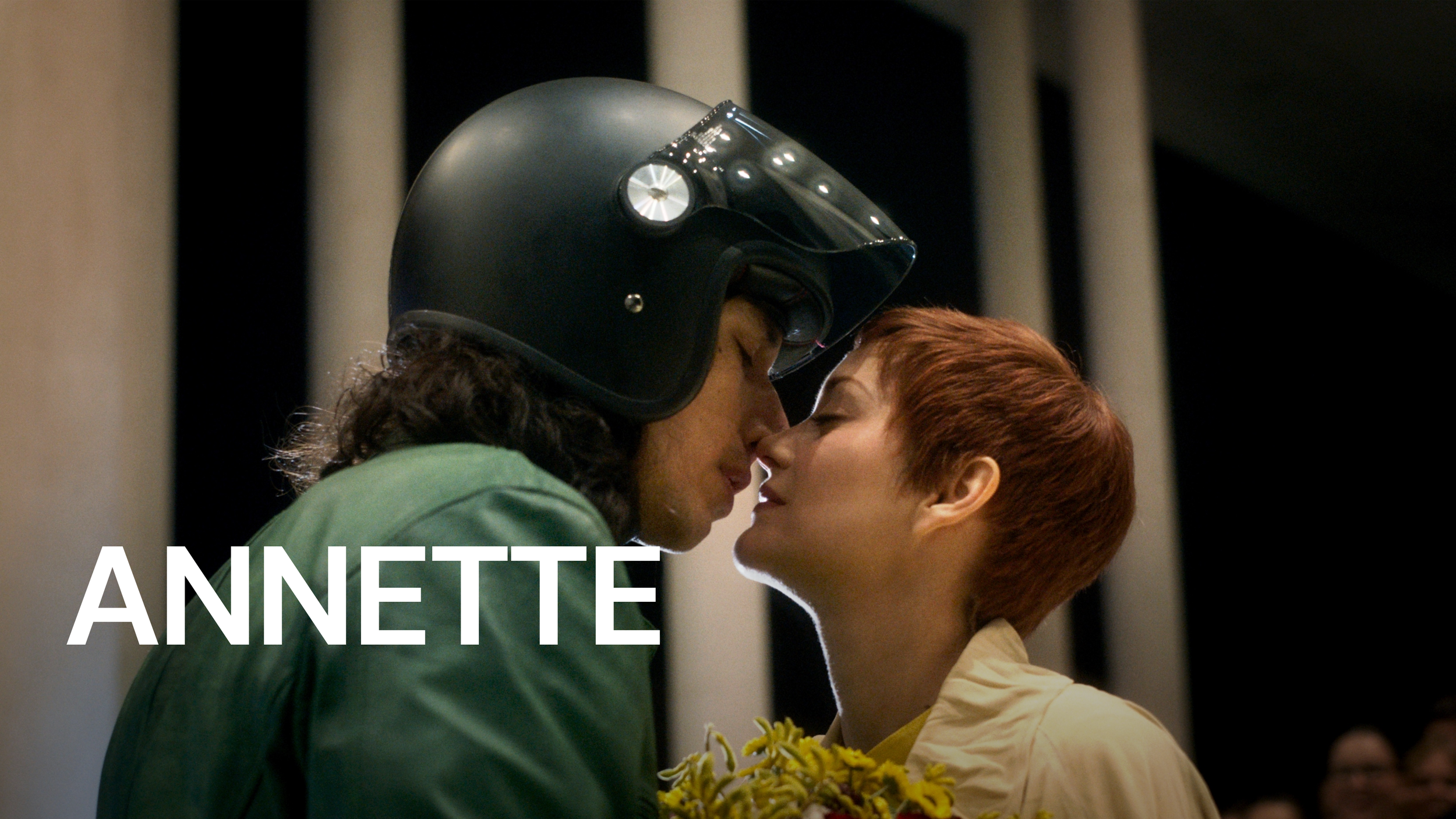
Annette: Can the Musical Be New Again?
But while La La Land sees the past as an unattainable ideal, Annette takes on Faulkner’s view: that the past isn’t dead, it’s not even past. Just as Ann’s ghost haunts Henry, our past will never be done with us. The present is only the culmination of past decisions, behavior, and events rearranged. The things that make our immediate reality feel new are ephemeral, and like Henry’s audience we are quick to discard them when they no longer please us.

Pleasure Principles + Raunchy Rhythms: Depictions of Dance and the Female Gaze in Magic Mike and Dirty Dancing
Whether discreet or on the nose, the use of dance and sex are synonymous. In the instance of Dirty Dancing, dance is a tool to subtly integrate themes of love, pleasure, and relationships. Baby becomes sexually aware through her mastery of dance. In the case of Magic Mike, it is more explicitly demonstrated; The masculinity of the kings of Tampa is eroticized via strip dancing and used as a source of entertainment.

A Nation’s Cry: Han in Oldboy and Parasite
Both Oldboy (Park Chan-wook 2003) and Parasite (Bong Joon-ho) testify to the obscurity of contemporary cinematic sociocultural boundaries, with globalization facilitating not only physical transnational distribution but also receptivity to other cultures. Reducing the value of Korean cinema solely to its positive global reception, however, amplifies the external whilst trivializing the internal: rather than investigating why these films made it beyond South Korea, we should be asking why these films were made in South Korea.
